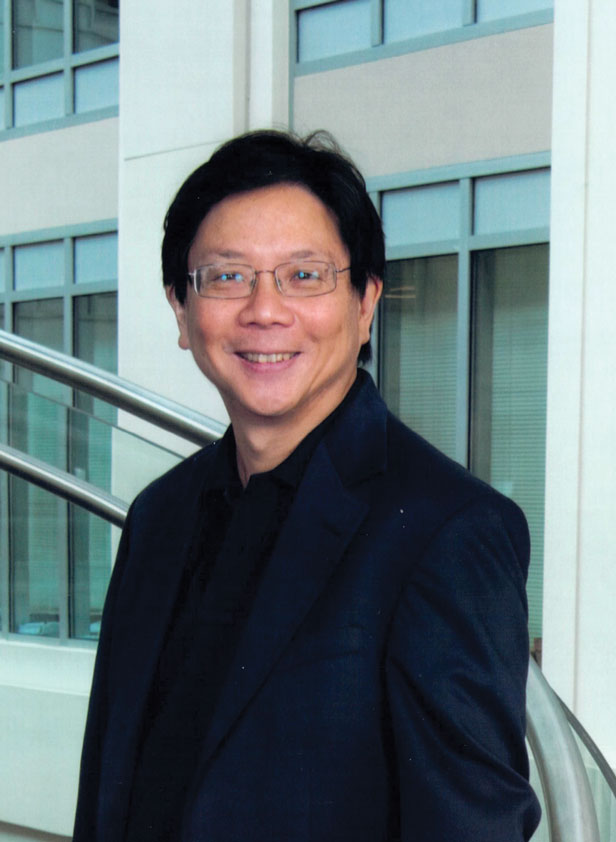Herb Lin '73, ScD '79

In 1969, Herb Lin became part of an educational program for freshmen called the Experimental Study Group (ESG)—an experience that profoundly affected him. “ESG was the formative experience of my time at MIT,” he says. The program encourages a more personalized learning experience through seminar-style classes and independent study. ESG faculty, addressed by their first names, are considered elder learners.
ESG helped Lin discover a love of physics and helped him shape his MIT experience. “What ESG taught me was that I had some power and control over my educational destiny,” he says. “I got to be very good friends with the Committee on Curricula.”
He successfully proposed alternative courses as general requirements and, as part of his PhD, worked on understanding the psychological and cognitive difficulties college freshmen face in learning physics. He later completed a postdoc in this subject at the University of Washington and has consulted on educational issues in K-12 math and science throughout his career.
Over time, Lin was increasingly drawn to nuclear-weapons strategy. He pursued another postdoc, at Cornell, to retrain himself in defense policy and arms control, then worked as a scientist for the House Armed Services Committee and later at the National Academies. Today, Lin is chief scientist at the National Research Council’s Computer Science and Telecommunications Board, where he directs studies on public policy and information technology.
“It’s a great place for a knowledge junkie,” he says. During his 20-plus years at the National Academies, Lin has conducted research on cryptography, health information technology, electronic voting, computational biology, online sexual exploitation of children, and high-tech workforce issues.
Lately, he’s made a name for himself discussing the offensive dimensions of cybersecurity. In 2009 he directed a groundbreaking academy study of cyber-attack as an instrument of U.S. policy. Lin believes there needs to be more public discussion of the rules that govern America’s use of such attacks, just as there are rules for police officers carrying weapons.
He lives in Washington, D.C., with his 16-year-old daughter, and in his spare time he indulges a passion ignited in college. “Folk dancing was the biggest social outlet I had at MIT,” he says. At the Institute, Lin led a student folk dance group. These days, he enjoys contra and swing dancing weekly.
Keep Reading
Most Popular
Large language models can do jaw-dropping things. But nobody knows exactly why.
And that's a problem. Figuring it out is one of the biggest scientific puzzles of our time and a crucial step towards controlling more powerful future models.
How scientists traced a mysterious covid case back to six toilets
When wastewater surveillance turns into a hunt for a single infected individual, the ethics get tricky.
The problem with plug-in hybrids? Their drivers.
Plug-in hybrids are often sold as a transition to EVs, but new data from Europe shows we’re still underestimating the emissions they produce.
Google DeepMind’s new generative model makes Super Mario–like games from scratch
Genie learns how to control games by watching hours and hours of video. It could help train next-gen robots too.
Stay connected
Get the latest updates from
MIT Technology Review
Discover special offers, top stories, upcoming events, and more.